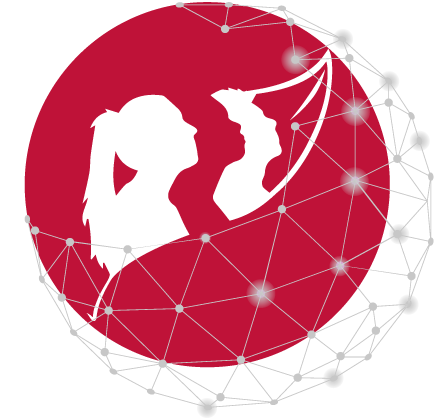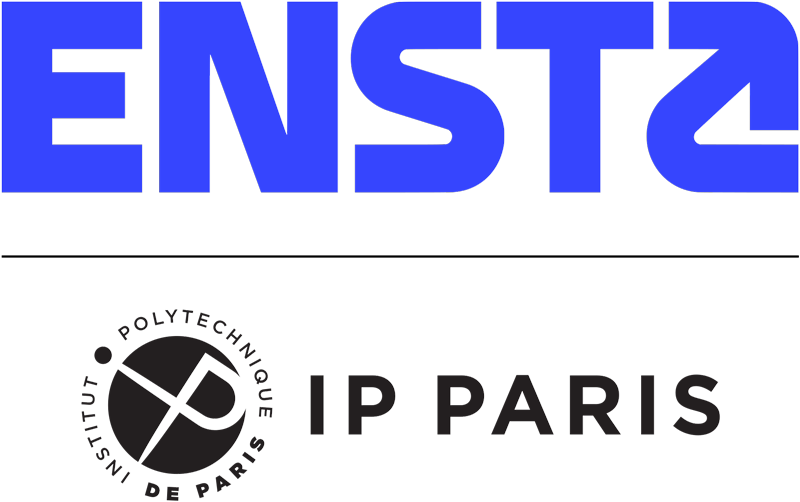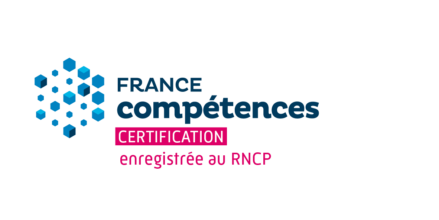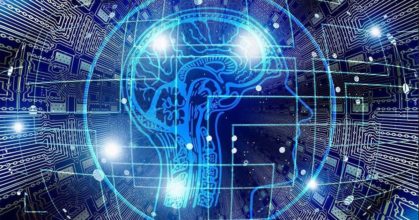Anticipez les défis industriels et sociétaux actuels, devenez acteur d’une IA éthique
Temps plein | Paris et campus de Saclay à Palaiseau
Attention : nombre de places limité.
Les leviers de la réussite
D’après Eduniversal, et son classement 2024 des meilleurs Mastères Spécialisés® le MS IA multimodale et autonome de Télécom Paris et d’ENSTA Paris est sur le podium des 3 meilleures formations française en Intelligence Artificielle.
Des programmes à la pointe des évolutions scientifiques et technologiques : génération d’images, Natural Langage Processing avancé, reconnaissance d’objet (3D), dialogue multimodal, algorithmique de décision…
N’attendez plus pour candidater !
En partenariat avec
Maîtrisez les méthodes d’apprentissage statistique avancé et les architectures associées pour résoudre des problématiques d’intelligence artificielle.
Concevez des systèmes d’interactions homme-robot et analyser des expériences pour évaluer les systèmes HRI (Interaction Homme-Robot).
Mettez en œuvre des méthodes de réseaux de neurones et d’apprentissage profond en s’appuyant sur des bibliothèques logicielles
La formation MS conduit à la certification “Ingénieur en intelligence artificielle” inscrite au Répertoire National des Certifications Professionnelles (RNCP). Numéro d’enregistrement 40235 – Décision du 28 février 2025.
Former des experts du digital
Évolution naturelle des projets portés ces dernières années par la science des données et le big data, ce que l’on désigne le plus souvent par intelligence artificielle va plus loin à la fois dans l’exigence technologique et dans le large spectre des domaines scientifiques concernés : robotique, interaction Homme-machine, traitement du langage…
Elle couvre tous les domaines du monde socio-économique, les experts en intelligence artificielle étant particulièrement recherchés par les acteurs de la santé, de la cybersécurité, de la banque-assurance, des transports, de l’industrie automobile, de la grande distribution et bien sûr des services en ligne.
Ce cursus expert, conçu grâce à un partenariat entre Télécom Paris, d’ENSTA Paris et avec la participation de Télécom SudParis, est en adéquation avec les besoins en compétences du marché et apporte une réponse aux ambitions de formation du Rapport Villani sur l’intelligence artificielle. Cette formation est accréditée par la Conférence des Grandes Écoles.
![[Mastères Spécialisé] Intelligence Artificielle : Chloé Clavel (vidéo)](https://www.telecom-paris.fr/wp-content-EvDsK19/uploads/2023/02/ms-ia-chloe-clavel-video.jpg)
Chloé Clavel (Télécom Paris) est ancienne co-responsable pédagogique du MS Intelligence Artificielle.
![[Mastères Spécialisé] Intelligence Artificielle : Gianni Franchi (vidéo)](https://www.telecom-paris.fr/wp-content-EvDsK19/uploads/2023/02/ms-ia-gianni-franchi-video.jpg)
Gianni Franchi (ENSTA Paris) est responsable pédagogique du MS Intelligence Artificielle.
Contenu de la formation
La formation se déroule sur une période de 10 mois à temps plein. Un stage de thèse professionnelle de 4 à 6 mois vient compléter l’enseignement académique.
Vous hésitez avec le MS IA Expert Data MLops ?
- Éthique et déontologie en intelligence artificielle
- Logique et intelligence artificielle symbolique
- Statistique
- Modèles Probabilistes et Apprentissage Automatique
- Fondements de l’apprentissage statistique
- Apprentissage profond
- Apprentissage statistique à grande échelle
- Apprentissage par renforcement
- Apprentissage pour la robotique
- Programmation GPGPU pour l’apprentissage
- Traitement automatique des langues
- Apprentissage pour l’image et la reconnaissance d’objets
- Perception pour les systèmes autonomes
- Développement personnel et technique de recherche de stage
- Projet fil rouge
- Séminaires scientifiques et industriels
Notre formation est classée parmi les meilleurs Masters, MS & MBA Intelligence Artificielle de France :
Tarifs
- Frais de dossier : 90 €
payables en ligne, non remboursables. - Frais de scolarité 2026-2027 :
21.100 €
Acompte de 30% non remboursable (sauf en cas de refus de visa), payable par virement ou par chèque.
Solde payable en 3 échéances sur l’année d’enseignement.
Prix incluant le Mooc à suivre obligatoirement et l’adhésion au réseau Télécom Paris alumni pendant la scolarité.
Opportunités de carrières
Les compétences et connaissances acquises lors de cette formation sont aujourd’hui très prisées et donnent accès à une large palette de métiers hautement qualifiés :
- ingénieur en intelligence artificielle,
- ingénieur en robotique,
- chercheur en intelligence artificielle,
- concepteur d’agents conversationnels,
- cogniticien…
Actualités du MS IA

Nouveau Mastère Spécialisé Data & IA en alternance
Mastère spécialisé, Data science & IA — 10/11/2025Avec cette formation post-Master d'excellence en alternance (seulement éligible au contrat [...]
L’essor des mastères en IA (Le Figaro)
Mastère spécialisé — 18/11/2024Gianni Franchi, coresponsable du MS IA multimodale et autonome Ensta/Télécom: « Il y a un réel besoin des entreprises dans un [...]
IA : nouveaux métiers dans les entreprises (Les Échos)
Mastère spécialisé, Data science & IA — 30/12/2022Ons Jelassi : les ingénieurs venant de l'informatique permettent de « passer du modèle d'IA au [...]
MS IA : maîtriser une profonde transformation
Mastère spécialisé, Data science & IA — 05/07/2022Une place particulière à l’éthique et la déontologie parmi les fondamentaux à maîtriser y a été [...]
MS Big Data : faire face au foisonnement des données
Mastère spécialisé, Data science & IA — 16/06/2022La science des données est un creuset foisonnant où toutes les disciplines se croisent, toutes les [...]








